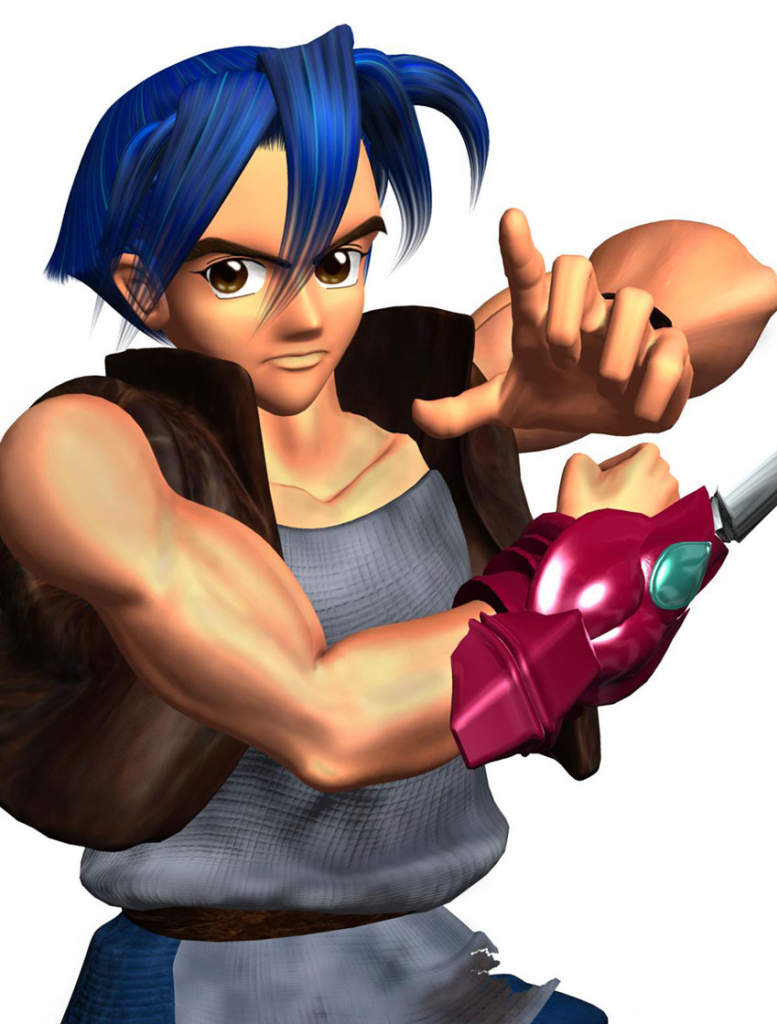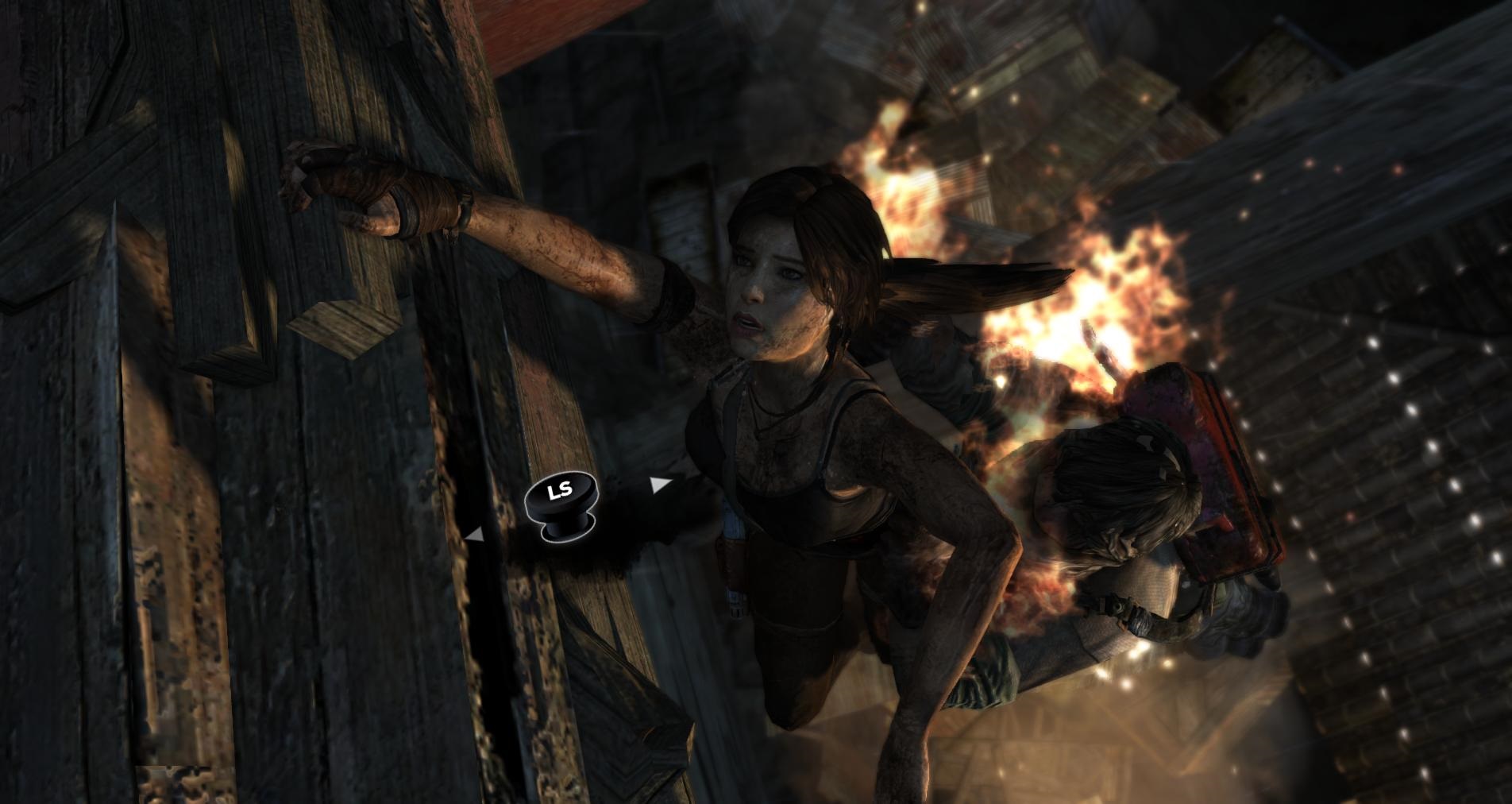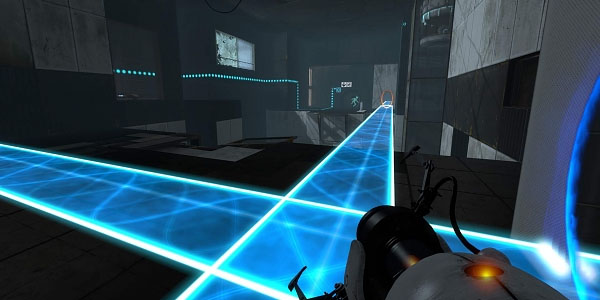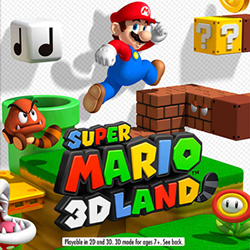Ah, Dark Cloud. This series has been on the sidelines of
gaming culture since the days of the PlayStation 2. Far too long in my opinion!
My passion for the series was recently reignited when I came into contact with
a fellow video maker and I saw he has Dark Cloud videos on his channel. All of
this remembering Dark Cloud reminded me of a story I want to share with you
all!
For the uninitiated, Dark Cloud is a series of
action/adventure games where the player takes control of a number of characters
on a quest to save the world. Part of saving the world requires the player's
party to venture into multi-floored dungeons as part of the storyline. The
second game in the series differed from the first by featuring only two
playable characters. But it made the most of those characters! Max, an
inventor, is able to jump in a giant robot to completely whoop on enemies.
Monica, a magic-using princess, is able to transform into monsters and use
their abilities. And there is where my story begins.
At one point in the game, the player needs an item called
the "Sundrop" in order to progress. The only way to get a Sundrop?
Transform into the "Himarra" monster and talk to a Himarra. That's
right, while your character is transformed into a monster, she won't be
attacked by monsters of a similar type. You can even talk to your fellow
monster as if they were a friendly non-player character. When you obtain the
Sundrop, you even hear the Himarra's voice! I don't know about you all, but I
got attached to the Himarra I talked to. Did I mention that you can just pick
any Himarra wandering around the dungeon? That's right, the game doesn't just
give you a monster to talk to. You actually have to find one yourself. That
made the mission all the more personal to me.
This is a Himarra. Isn't it adorable?
That's why I was shocked at what happened next. After
obtaining the Sundrop, I naturally thought "No reason to stay as a monster
anymore," and transformed back into Monica. Imagine my surprise when the
Himarra I was talking to moments before starts attacking me! "What's going
on?" I thought. I pleaded to the screen, "Why are you doing this?
It's me! We were talking a minute ago! You helped me!" but the Himarra
would not - or could not - listen.
Eventually, I had to act. Putting on my best action movie
drama face, I muttered, "Don't make me do this." But I had to. I
forced Monica to cut down this monster that she had been fraternizing with
moments before. Monica herself didn't even flinch to destroy the monster. She
acted with the same neutral conviction that the monster had. I alone harbored
this connection that didn't even involve me.
Okay, perhaps I'm embellishing the drama of this
anecdote. A little. Especially considering I know why things turned out the way
they did. In reality, the monster was nothing more than a construct of a game.
It was a set of pixels on the screen programmed to behave in certain ways under
certain circumstances. In this case, the monster was programmed to be hostile
to the player unless the player assumes the form of a similar creature. In no
capacity is the monster able to observe, learn, think, and defy its original
programming. There's just no need for that in the game.
And yet, I still reacted this way. Who am I to be feeling
this way, anyway? If this mission didn't even exist in the game, I wouldn't
have second-guessed chopping down that Himarra in the first place. And that
certainly didn't change anything afterward. What is it about connecting with
that one video game enemy that's getting me to think so hard? I dove into the
very core of the human condition to find an answer and I have come up with
something.
At 14:45 you see the player get a Sundrop from a Himarra
You see, I humored the idea of the Himarra as a
free-thinking being and went from there. The question then became why the
Himarra would choose to attack me as soon as I presented myself as a
non-Himarra creature. And, well, perhaps I'm not giving Dark Cloud 2 enough
credit. What I'm chalking up to game mechanics may, in fact, be something more
complex and tragic.
Where I'm more open to friendship, the Himarra may be
more discriminating. After all, it lives in the wild where survival instincts
take hold. The Himarra knows it can trust its own kind and probably has
experience that tells it that there is no such guarantee with other types of
creatures. Thus it stands to reason that when I transformed back into a human,
the Himarra had a logical negative reaction. It could have thought that I was a
spy amongst its ranks, or, even more heart breaking, it could have felt a sense
of betrayal at seeing this new friend lie about who they are. Heck, this
Himarra probably knows that humans are the most dangerous, destroying monsters
left and right with ease. With this logic, the choice to attack as a
pre-emptive defense is understandably obvious.
I got a little scared thinking this way. In a matter of
seconds I took a course of action that was based on false assumptions, but
phrased it in such a way that anyone would agree it was the right thing to do
given the circumstances. I'm even more scared now because I am all too familiar
with that way of thinking.
Attack-on-sight mentality of very common in our world,
both in instinct-driven creatures and deep-thinking individuals. You do have
the people who use pride in their identities to strengthen their roots and
improve their character, but history shows conflict is in the blood of any
culture and "us versus them" has been a time-tested mantra for
unifying people, albeit of specific ideologies, for better and worse.
I remember when the first Dark Cloud was called a "Zelda-Killer." At least it gave us this great art!
Showing hostility as a roundabout way of showing support
makes sense from a passion standpoint, but is flawed and stunts a person's
growth as a cultured and free-thinking individual. For instance, I remember
when Harry Potter was in full swing and I saw a news report on the series'
exploding popularity. One interviewed mother said that she didn't care about
Harry Potter nor will she bother reading it. The reason? Her family were
already fans of A Series of Unfortunate Events and she resented Harry Potter
for taking the thunder of her preferred series. Whether you prefer either book
series, imagine that. A person willing to turn away from something new just
because it was more popular than what she already knew.
There is a word for this sort of uncompromising
conviction: Zealotry. Don't get me wrong, one can be a zealot for good causes
and work their zealotry for the betterment of the world. But in general, I feel
there's something uncanny about being too sure of yourself. This comes from
personal experience. Throughout my life
I've found groups I can identify with and do well to fit in until I was
expected to join in on badmouthing other groups or ways of thinking.
For instance, I talk to people all the time about watching
what I eat. I do believe that a good life includes indulgence, and at the same
time I'm still open to new things and trying the "less is more"
approach to eating right. A few people I talk to, however, are deeply
entrenched in one or the other and are very passionate about playing down the
other half. I'll tell a calorie-cutting friend that I really enjoyed a meal out
with a group last night and be told in return that I should stop letting my
company coerce me into unhealthy eating habits. On the other side, I'll try
getting water with a meal instead of soda to see how much I really miss it.
Seeing this, my more wining-and-dining friends will tell me I'm acting like one
of "them." I assume "them" refers to the insufferable sort
of fitness enthusiasts who often go on record condemning common eating habits.
Even if my friends don't mean to tear down the other side, their word choice
still reflects that sort of mindset.
Without staying specific to one group, you can still see
where I'm coming from. People can love what they love, but when they try to
love through hate, that's going a bit far for me. If it gets to the point where
someone could say "You're one of THEM," for any reason, then we're no
better than the Himarra who's only following his programming.
I planned on putting in video game zealotry, but my search turned up nice consoles so I'm going with that instead. Found here. I really want to credit the source.
We're going leave this off on a community note. Let's
share our own zealotries and see how or identities shape us. As for me, anyone
can tell I'm zealous about video games and further the study of video games as
a serious cultural medium. I may not agree when it comes to all criticism of
video games, but only because I prefer to talk things out. Behind every piece
of criticism is a story and a topic to explore further. If we just take the
criticism at face value, that's no good. How about you? What are you zealous
about? Games, movies, sports, comics, food, exercise, or even your work?
Thank you for reading, and I look forward to reading
about how diverse this audience is!
-
Email: RBAshkenazi@gmail.com
deviantART: http://captain-gamer.deviantart.com/
ScrewAttack: http://www.screwattack.com/user/captain-gamer
Tumblr: http://captaingamer.tumblr.com/
Twitter: https://twitter.com/Captain_Gamer
YouTube: http://www.youtube.com/user/GamerHangVideos
-
Email: RBAshkenazi@gmail.com
deviantART: http://captain-gamer.deviantart.com/
ScrewAttack: http://www.screwattack.com/user/captain-gamer
Tumblr: http://captaingamer.tumblr.com/
Twitter: https://twitter.com/Captain_Gamer
YouTube: http://www.youtube.com/user/GamerHangVideos
















